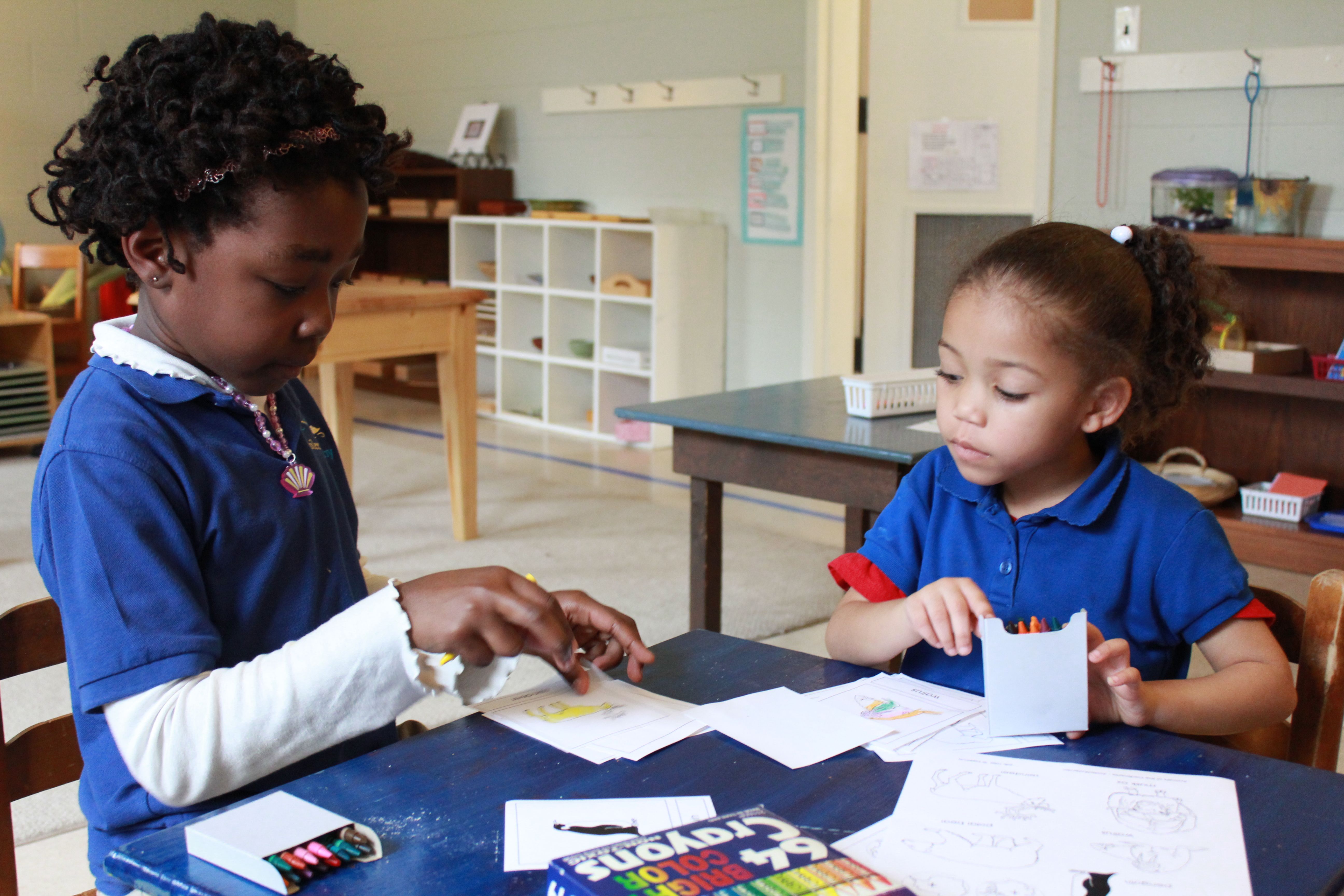Chapter 11: "How Do I Engage Students in Examining History"
By: Meaghan Brenna Foley
There are numerous goals, or purposes, for the study of history. The possibilities are endless! :) I've narrowed down the selection to 4 main goals (purposes).
1) SOCIALIZATION
- In my opinion, a major goal for studying history is to be able to socialize with others. Each person is unique and offers different perspectives on the world. I also believe that history allows people to learn about numerous cultures. Cultural knowledge is very beneficial because it allows for the expansion of one's knowledge capacity. Isolation is a negative aspect in past historical societies; therefore, I feel that it is crucial for all students and teachers to be open-minded. The desire to learn about other societies/cultures is how we learn and progress from mistakes made in history's past to make better choices.
- The video above includes the interviews of young children on the subject of gender roles. The children share their thoughts on what they believe to be suitable gender tasks (i.e., the barbie dolls-the girl barbie takes care of the children). This video proves that socialization is such a crucial part of understanding the study of history. In today's society, men and women have drastically different gender roles than in past history. Women take on more responsibility both in the workforce and the household than ever before. Children should accept one another's differences (i.e., culture, gender, etc...). As time progresses, history changes and so do the minds of our children. In order for children to become moral and law abiding citizens, they must be taught the difference between what is right and what is wrong. In this way, the goal of socialization in history can be successfully achieved.
2) COUNTERSOCIALIZATION
- Countersocialization is another important aspect, or goal, for the study of history. Along with socialization, countersocialization provides students with the opportunity to be involved in changing history. Countersocialization is different than socialization because it requires everyone "to examine their personal and social beliefs and analyze the problems of their nation and the world" (Sunal & Haas, 2011, p. 335). I believe that countersocialization is a goal in history because it involves the inclusion of reason and evidence. Reason and evidence are two very important pieces of history that are constantly changing the course of history. Teachers must teach their students to be able to reflect and support their ideas about history. Once students are fully immersed in the process of countersocialization, they move up on the learning ladder.
3) CHRONOLOGICAL THINKING
- I believe that chronological thinking is the third most important goal, or purpose, for the study of history. The meaning of chronological thinking is simply to be able to"distinguish between past, present, and future time" (Sunal & Haas, 2011, p. 345). History is vast and full of many events, people, places, etc... In order to become educated historical learners, we all must understand the difference in time. For example, we should be able to understand that Columbus sailed around the world (1492) before President Obama was elected (2008). Timelines are wonderful tools to help students understand how to separate historical events and how to remember dates.
4) HISTORICAL COMPREHENSION
- My fourth and final main goal (purpose) for the study of history would have to be historical comprehension. Historical comprehension is the basic foundation for understanding the meaning of historical data. In my opinion, people must first establish historical comprehension before being able to reflect and analyze information. I believe that visual aids and historical speakers are two very interesting ways in which teachers can engage with their students in the study of history. Learning should also be both enjoyable and educational. I have had many wonderful experiences with history in the past and would love to learn much more about different places all around the world. I plan on incorporating my passion and love for history with my future students because I want them to love the study of history too! :)
References
Sunal, C., & Haas, M. (2011). How Do I Engage Students in Examining History? In Social studies for the elementary and middle grades: A constructivist approach. Boston: Allyn and Bacon.


No comments:
Post a Comment